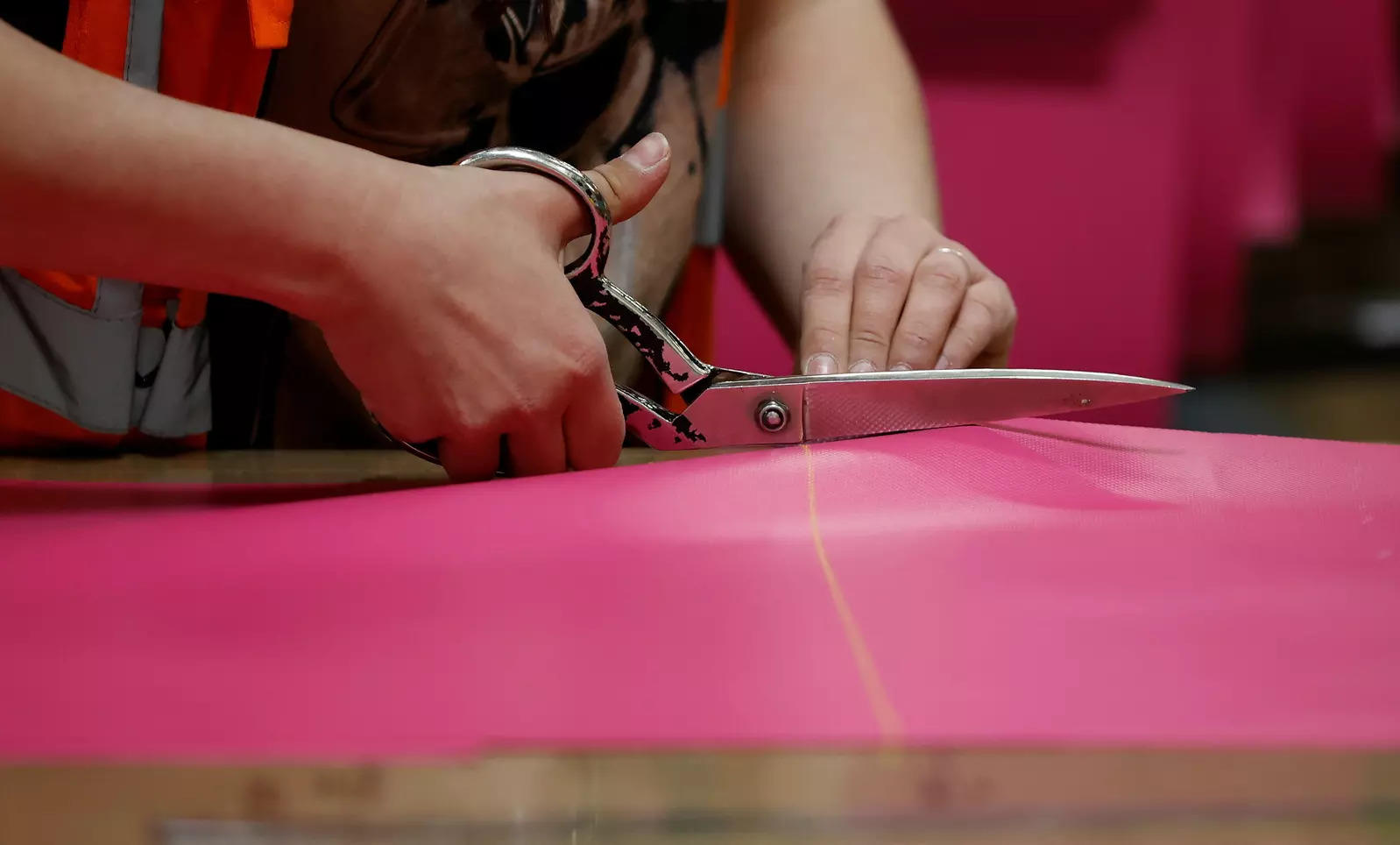Big apparel brands still need Bangladesh’s workers, Retail News, ET Retail
 Bangladesh is deep into its next month of a coronavirus lockdown that has shuttered educational institutions, community transportation and most workplaces. But many thanks to lobbying by the country’s garment producers, tens of millions of manufacturing facility staff are even now on the task every single day — even though quite a few have complained of pay cuts, late wages and inadequate Covid protections.
Bangladesh is deep into its next month of a coronavirus lockdown that has shuttered educational institutions, community transportation and most workplaces. But many thanks to lobbying by the country’s garment producers, tens of millions of manufacturing facility staff are even now on the task every single day — even though quite a few have complained of pay cuts, late wages and inadequate Covid protections.
Eight several years soon after the infamous collapse of the Rana Plaza clothing manufacturing sophisticated, which killed far more than one,one hundred men and women, Bangladesh’s garment industry was meant to be accomplishing much better. Subsequent the incident, world wide clothing makes entered into basic safety agreements with area factories that designed real progress. The only difficulty is that one accord expired in 2018 and the other is envisioned to stop on May well 31.
That timing couldn’t be worse. With factories battling to continue to be afloat mainly because of slipping clothing demand from customers, and the governing administration in a position to provide only restricted assist, garment staff are presently shouldering substantial financial uncertainty. Without the need of help from the world wide makes and merchants that offer their handiwork, these staff could very well lose the hard-gained health and basic safety improvements that the agreements confirmed — and encounter the chance of one more disaster.
Bangladesh’s garment-export overall economy is anything of a present day wonder. In 1978, the region was primarily agricultural its garment industry amounted to 9 factories and about $one million in export earnings. Over the next 30 several years, a blend of savvy entrepreneurship, favorable trade agreements and charge-mindful international merchants proved transformative. By 2020, yearly garment exports have been worth $33.six billion, the region was household to far more than four,000 factories and the industry employed some four.four million staff.
Underlying this good results, nevertheless, have been some unsightly realities. At the time of the Rana Plaza collapse, the entry-level minimum amount wage was significantly less than $forty a month, and workplaces have been notoriously harmful. In the eight several years prior to the incident, far more than one,000 garment staff had been killed on the task. None of that appeared to make Bangladesh any significantly less eye-catching to world wide clothing makes.
Rana Plaza — which provided apparel for top European makes such as Benetton — transformed everything. Individuals who had hardly ever questioned why their clothing price ranges declined steadily in excess of the many years have been forced to feel twice. The clothing industry, fearing a purchaser revolt, rushed to come across a fix. What it settled on have been two agreements that established the phrases for inspecting, repairing and upgrading factories to fair basic safety criteria.
The most profitable was the Accord on Fireplace and Building Protection in Bangladesh, an arrangement among unions and makes — despite the fact that not factories — in which each individual aspect held equal seats in a governance system. It required that makes assess irrespective of whether their suppliers’ factories satisfy health and basic safety criteria, and make cash are readily available for any desired improvements (and for worker pay, if furloughs are required). Over its first five several years, this arrangement generated far more than one hundred,000 basic safety improvements in one,500 factories.
As outstanding as that report was, though, the accord was only ever intended to be non permanent. Just what ought to switch it has proved contentious. Hoping to create a sustainable technique, equally sides agreed past 12 months to create a new governance structure that bundled manufacturing facility representatives, as very well as a nonprofit to regulate inspections and remediation.
But as the changeover day strategies, unions and other people are anxious that the factories may well backslide without binding commitments from the makes. Even prior to the pandemic, a U.S. Senate committee investigation uncovered that staff and their unions have been subject matter to increasing levels of intimidation and abuse. In the meantime, inspite of all the progress, hundreds of factories even now deficiency standard measures like harmless exits, smoke alarms and fire-suppression equipment.
The pandemic has only designed issues worse. Makes have asked the factories to undertake expensive new Covid-associated basic safety measures. Still they did so even as they canceled or postponed some $forty billion in orders. Few if any have made available funds relief or other aid to support the approach. Without the need of a binding accord to be certain compliance — and, far more pertinently, money help from the makes — factories presently squeezed by declining orders just can’t be reliable to go on such pricey basic safety perform.
So considerably, the makes have revealed minimal curiosity in renewing the accord. But at a minimum amount they ought to be ready to sustain it right until the Bangladeshi overall economy and the garment industry start out to recuperate from the pandemic. That non permanent renewal could sooner or later be supplanted by a far more thorough offer that not only necessitates makes to make sure their suppliers uphold health and basic safety criteria but also contains manufacturing facility representatives and the Bangladeshi regulators in the end dependable for supervising them.
Rana Plaza was a lesson in what can occur when world wide makes really do not demand from customers much better. Nobody ought to be asked to learn it yet again.








